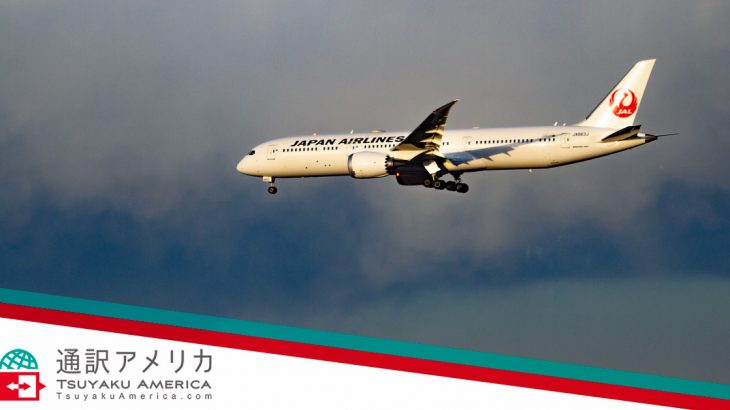If you’re like most people, then you probably have limited experience with professional interpreters. At Tsuyaku America, we want to help all of our readers become comfortable and familiar with the interpretation industry, and in today’s post, we’ll take an in-depth look at five important considerations you should make when hiring a Japanese interpreter.
When you’re ready to hire a professional interpreter, get in touch with Tsuyaku America using this form! We have access to a wide range of Japanese interpreters who can come to your business or accompany you on a trip abroad, and we would love to help you find the right interpreter for the job. Read on to learn what you should consider as you get started!
Five Important Considerations
Linguistic Skills
Though this point is somewhat obvious, it’s perhaps the most important idea to keep in mind as you search for an interpreter. Assessing an interpreter’s linguistic skills can be difficult until you have a chance to actually work with them, but there are a few things to look for in a resume or ask during an interview:
- Has the candidate ever lived in Japan? How many years have they lived in an English-speaking country?
- If they lived in Japan, did they go to school or work during their stay?
- Does the candidate have formal linguistic or interpretation education/training?
Subject Matter Expertise
While it can be difficult to find an interpreter who has direct experience with a niche industry, you can ask a few questions to get a better understanding of their skills:
- Does the candidate have any relevant knowledge or experience in your industry or with the subject matter?
- What kind of experience does the candidate possess?

- How long have they been working as an interpreter?
- Have they translated documents?
- Have they worked in your industry?
- Do they have a background relevant to your industry?
Remember that many professional interpreters are willing to learn new subjects and industry-specific terms, so you may not necessarily need to choose someone with extensive industry knowledge.
Work Experience
After you’ve evaluated a professional interpreter’s linguistic skills and subject matter expertise, you should ask a few questions about their prior work experience:
- How many years have they been working as a professional (paid) interpreter?
- What kinds of interpreting jobs have they worked on? Did they perform simultaneous interpretations? Consecutive interpretations?
- Which industries are they familiar with?
- Do they have other work experience that could be relevant? What industry did they work in, and which duties did they perform during their tenure?
You shouldn’t necessarily pass a candidate up because they are a student or because they don’t have much prior experience — students and other casual translators can be perfect for non-business assignments! If you aren’t sure about the level of experience you need, then just get in touch with Tsuyaku America and we will be happy to help.
Location
Location is extremely important, and you will need to determine whether or not you will need to look outside of your local area for someone who meets your criteria. Ask yourself the following questions as you look through the candidate pool:
- Is the interpreter in your area? Will they be able to commute daily if you need an interpreter for an extended period of time?
- If you have to fly someone in from another city, look for someone in a major metropolitan area where transportation to your location is the most affordable.
- It may sound counterintuitive, but the most affordable transportation is not always the shortest distance away!
Cost
You should always strive to focus on an interpreter’s skills rather than the cost of their services, but we understand that pricing is an important consideration, especially if the job involves paying for airfare and/or renting equipment. Keep in mind the following points as you make your decision:
- Interpreter rates vary widely depending on skills, experience, expertise, and even location.

- Generally speaking, interpreters who have been professional interpreters for many years are expensive because they have clients who repeatedly hire them despite their high rates. In other words, you almost always get what you pay for!
Hire a Japanese Interpreter Today!
We hope that today’s post will help you as you search for an interpreter. Be sure to bookmark our blog page and check back frequently, as we’re always adding helpful resources that can assist you in your search.
Whether you need a local interpreter for a casual job or a seasoned veteran with years of experience for a high-stakes meeting, Tsuyaku America’s innovative platform can help you find the right person for the job at a price point that works for your budget.
Get started with a free quote on this page. We look forward to speaking with you soon!


















